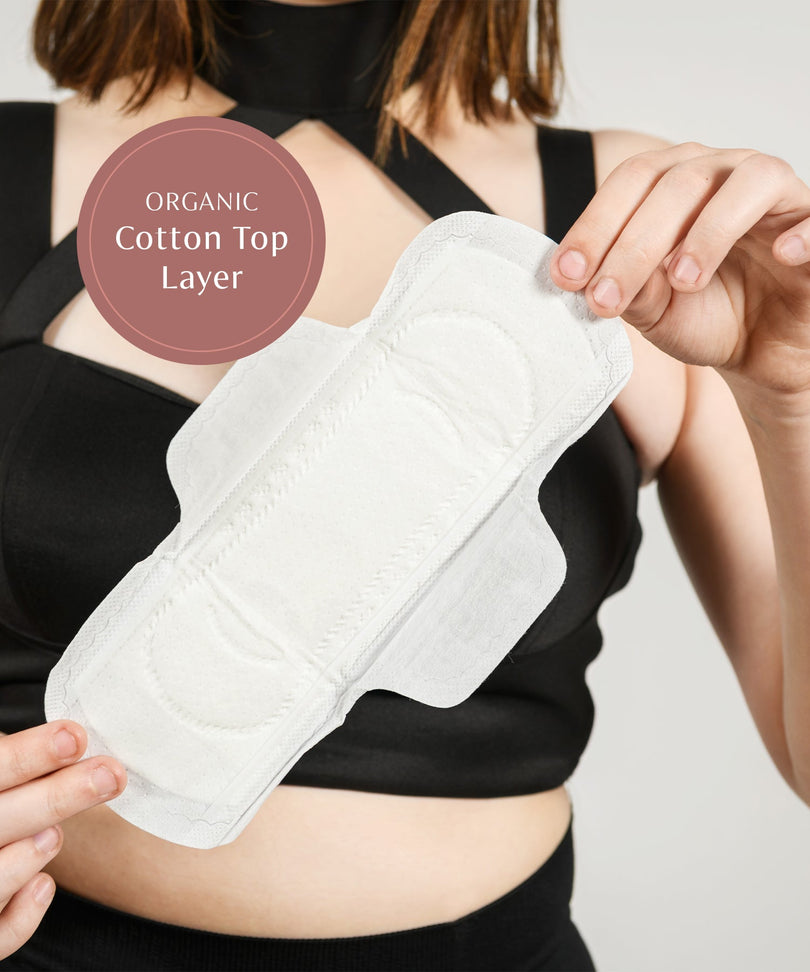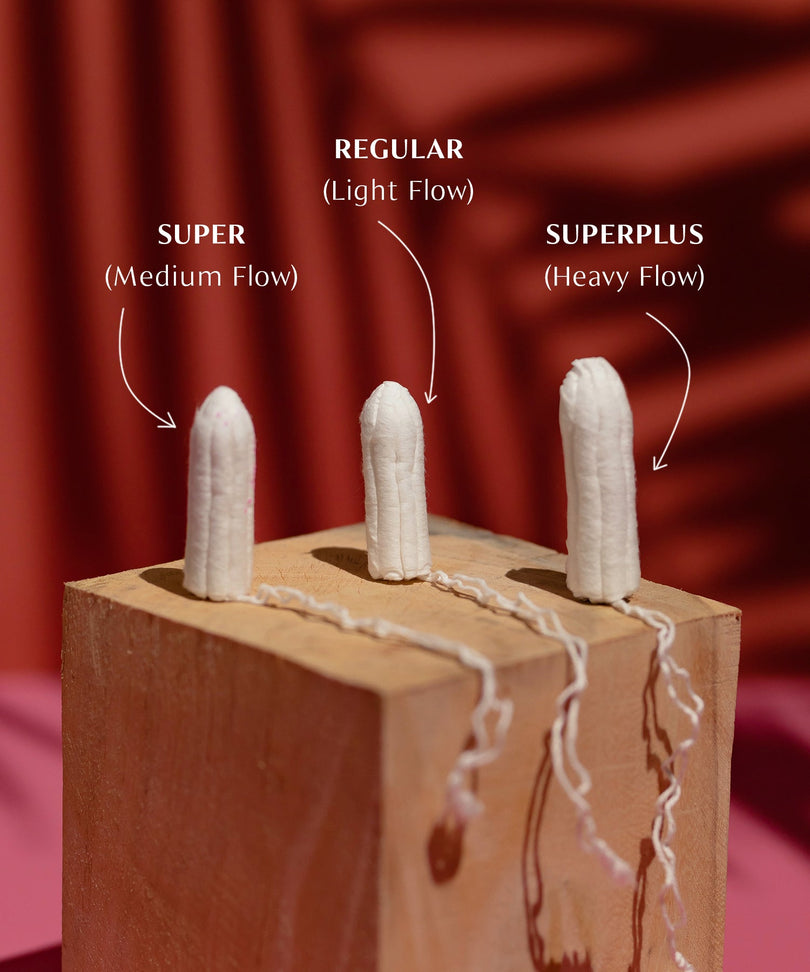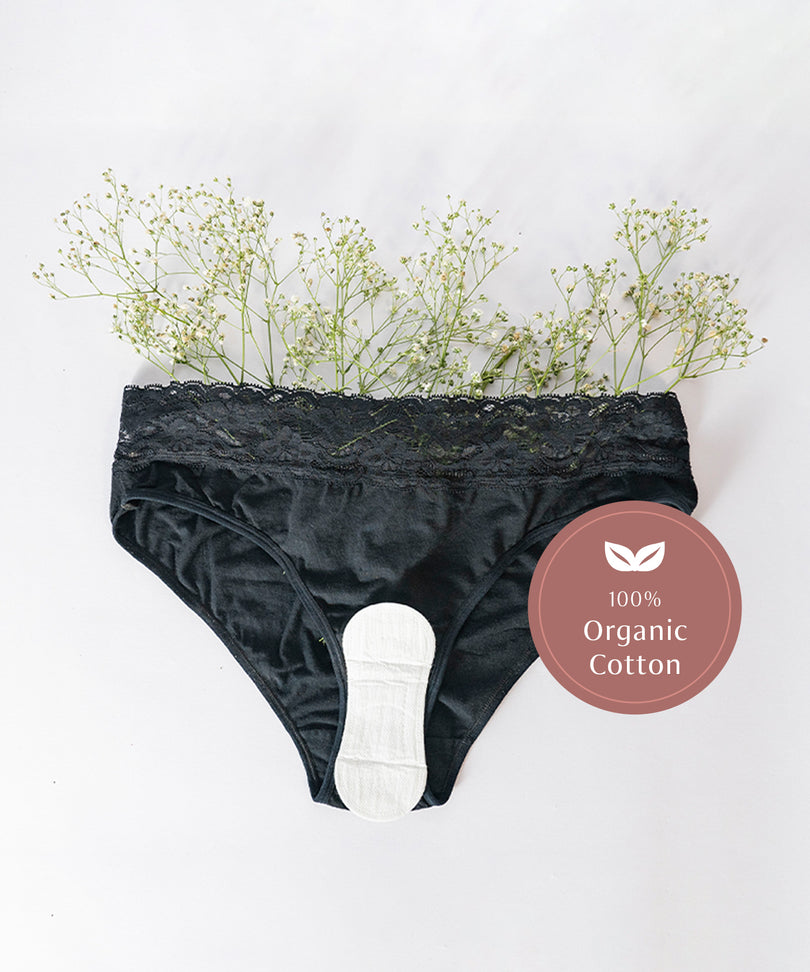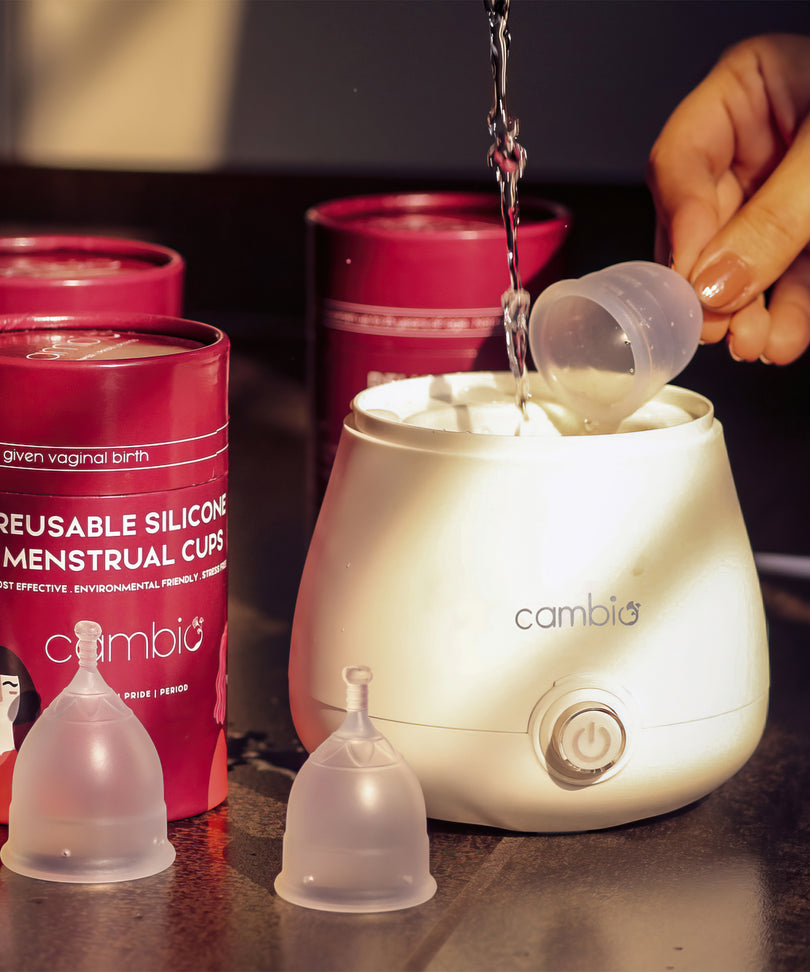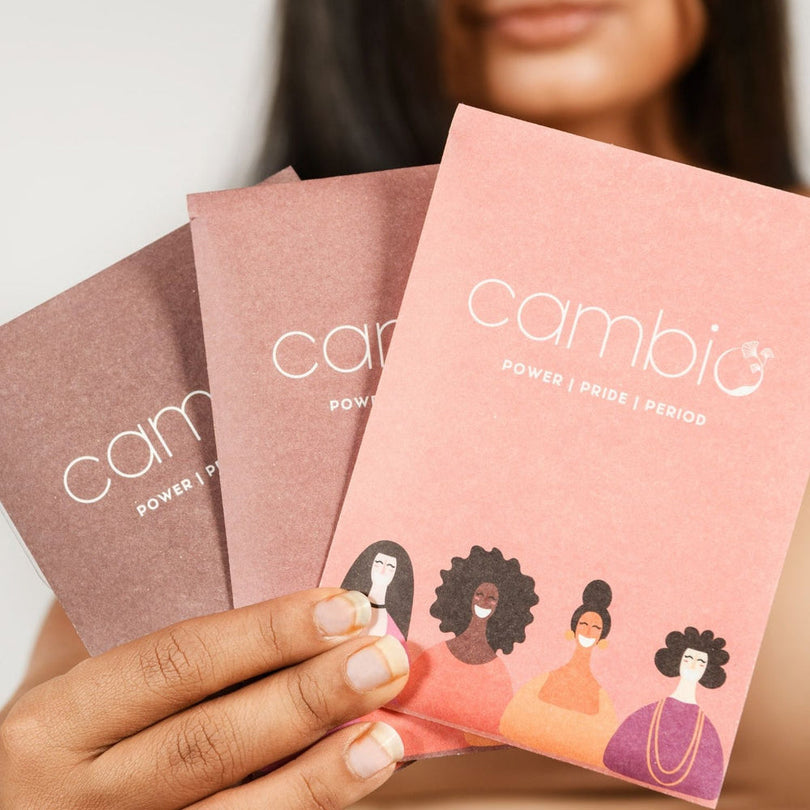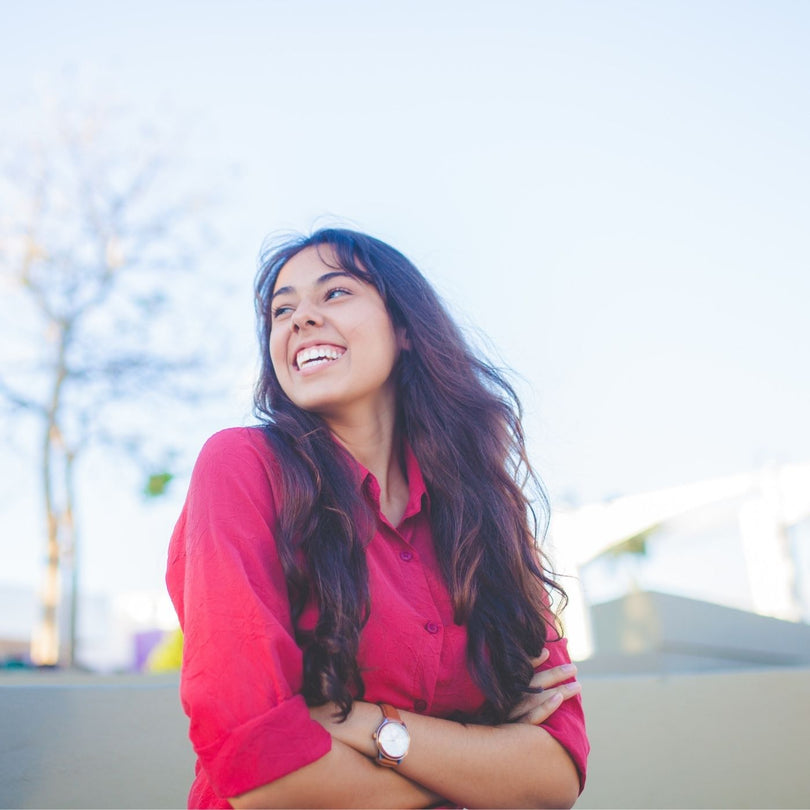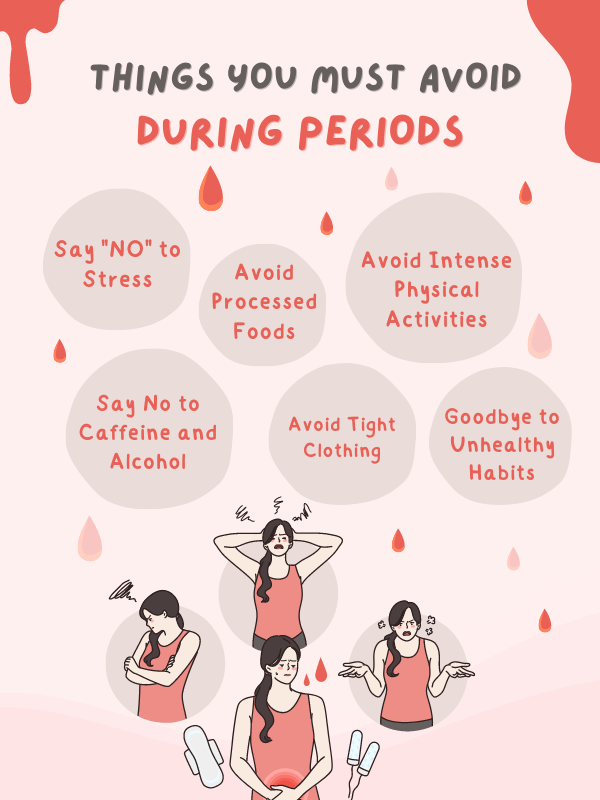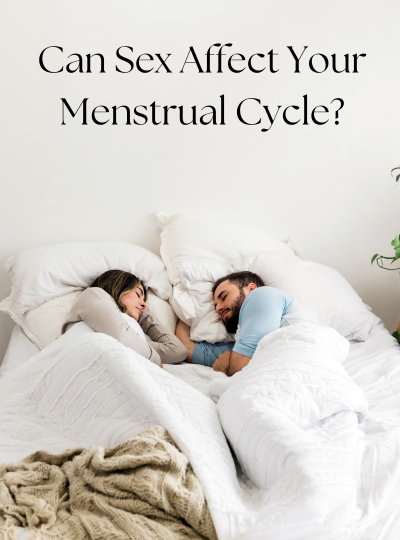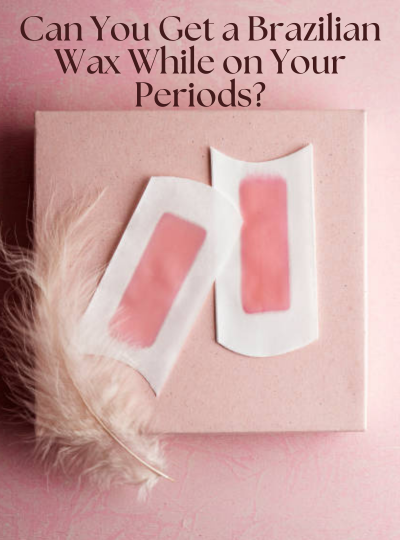What foods or drinks should I avoid to minimize cramps or bloating during periods?
To minimize cramps and bloating during your period, here are some foods and drinks you might want to avoid:
- Salty foods: Excess sodium can lead to water retention, which can worsen bloating. This includes processed foods, restaurant meals (which tend to be saltier), and salty snacks like chips or pretzels.
- Sugary drinks and treats: Sugary drinks and processed foods can cause blood sugar spikes and crashes, which can contribute to mood swings and fatigue, common during periods. Candies, pastries, sugary cereals, and sodas fall into this category.
- Caffeinated beverages: Caffeine can act as a diuretic, meaning it increases urination and can dehydrate you. Dehydration can worsen cramps. Coffee, tea, and some energy drinks are high in caffeine.
- Alcohol: Similar to caffeine, alcohol can dehydrate you and worsen cramps. It can also interfere with sleep, another factor impacting period comfort.
- Bloating foods: Certain vegetables like cruciferous vegetables (broccoli, cauliflower, Brussels sprouts) can cause gas and bloating in some people. Beans and lentils can also have this effect. While these foods are healthy overall, you might want to limit them during your period if you're sensitive to bloating.
Should I avoid exercise completely during my period?
No, you don't necessarily need to avoid exercise completely during your period. Exercise can be beneficial for some people experiencing menstrual cramps. Here's a breakdown:
- Benefits of Exercise During Periods: Exercise can help improve circulation, which can reduce cramps and promote relaxation. It can also boost endorphins, the body's natural painkillers, potentially easing discomfort.
- Adjusting Your Workout: While exercise is generally good, it's wise to listen to your body during your period. Opt for lower-intensity activities like yoga, walking, swimming, or light cardio. Avoid pushing yourself too hard or doing exercises that cause excessive strain or discomfort.
- Listen to Your Body: If you're feeling achy, tired, or simply not up for exercise, take a rest! There's no shame in prioritizing your well-being and skipping your workout for a day or two.
Are there any activities I should avoid during my period?
- Strenuous Exercise: Intense workouts can worsen cramps and fatigue. Opt for gentler activities like yoga, walking, or swimming.
- High-Impact Activities: Activities like horseback riding or gymnastics that involve bouncing or jarring movements might be uncomfortable due to cramps or increased blood flow.
- Consider Alternatives During Heavy Flow: If your period is heavy, you might find pads or period underwear more comfortable than tampons until your flow lightens up.
Are there any hygiene practices that I should avoid while being on Periods?
Here are some hygiene practices to avoid during your period:
- Douching: Douching is not recommended during your period, or at any other time. It disrupts the natural balance of bacteria in your vagina, which can increase your risk of infections.
- Harsh soaps or chemicals: The vulva, the external area of your genitals, has sensitive skin. Avoid using harsh soaps, douches, or feminine hygiene sprays that can irritate the area. Opt for gentle, fragrance-free cleansers or plain warm water.
- Wearing tight-fitting clothing for extended periods: Tight pants or underwear can trap moisture and irritate the vulva, especially during your period. Wear loose-fitting, breathable cotton clothing to allow for airflow and prevent irritation.
- Sharing tampons or pads: This can spread bacteria between you and another person, potentially leading to infections. Use only new, unopened menstrual products.

